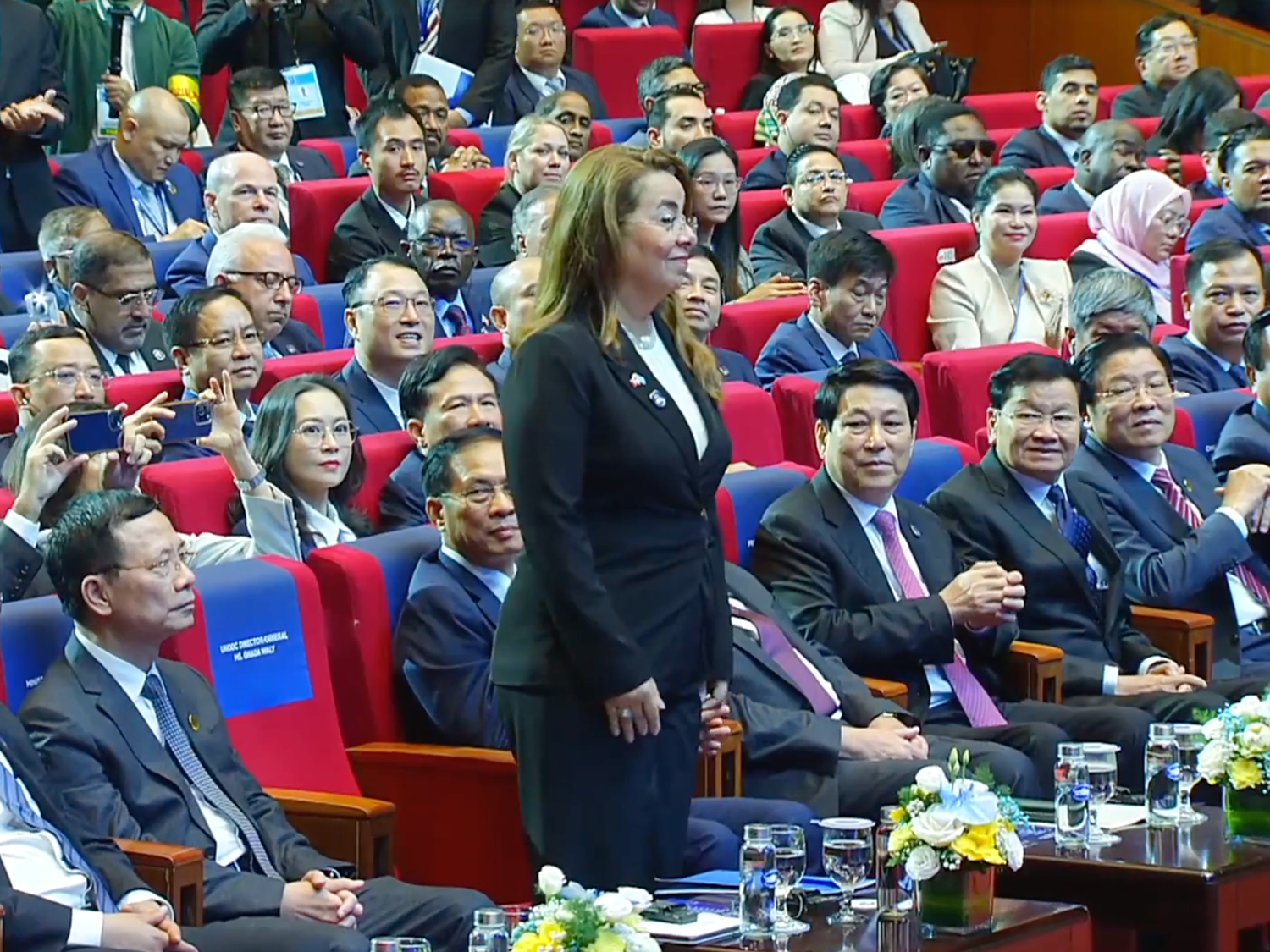PARIS (AN) — The world's first international, non-binding standards for artificial intelligence were approved by 42 nations as part of an effort to guide the ethical development of our increasingly mechanized world.
The standards adopted on Wednesday were part of a policy recommendation at a ministerial-level meeting of the Paris-based Organization for Economic Cooperation and Development's 36 mostly wealthy and industrialized member nations.









